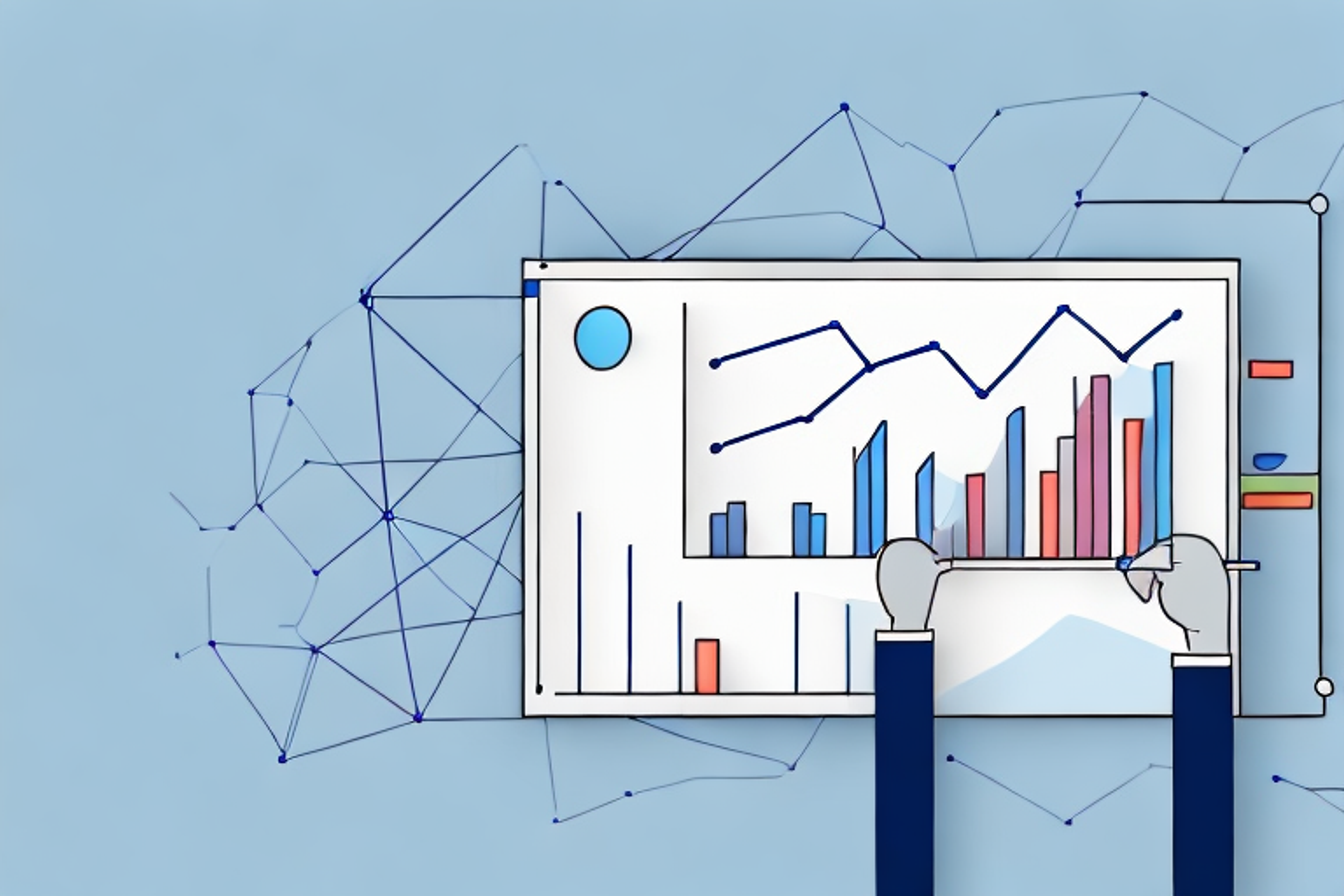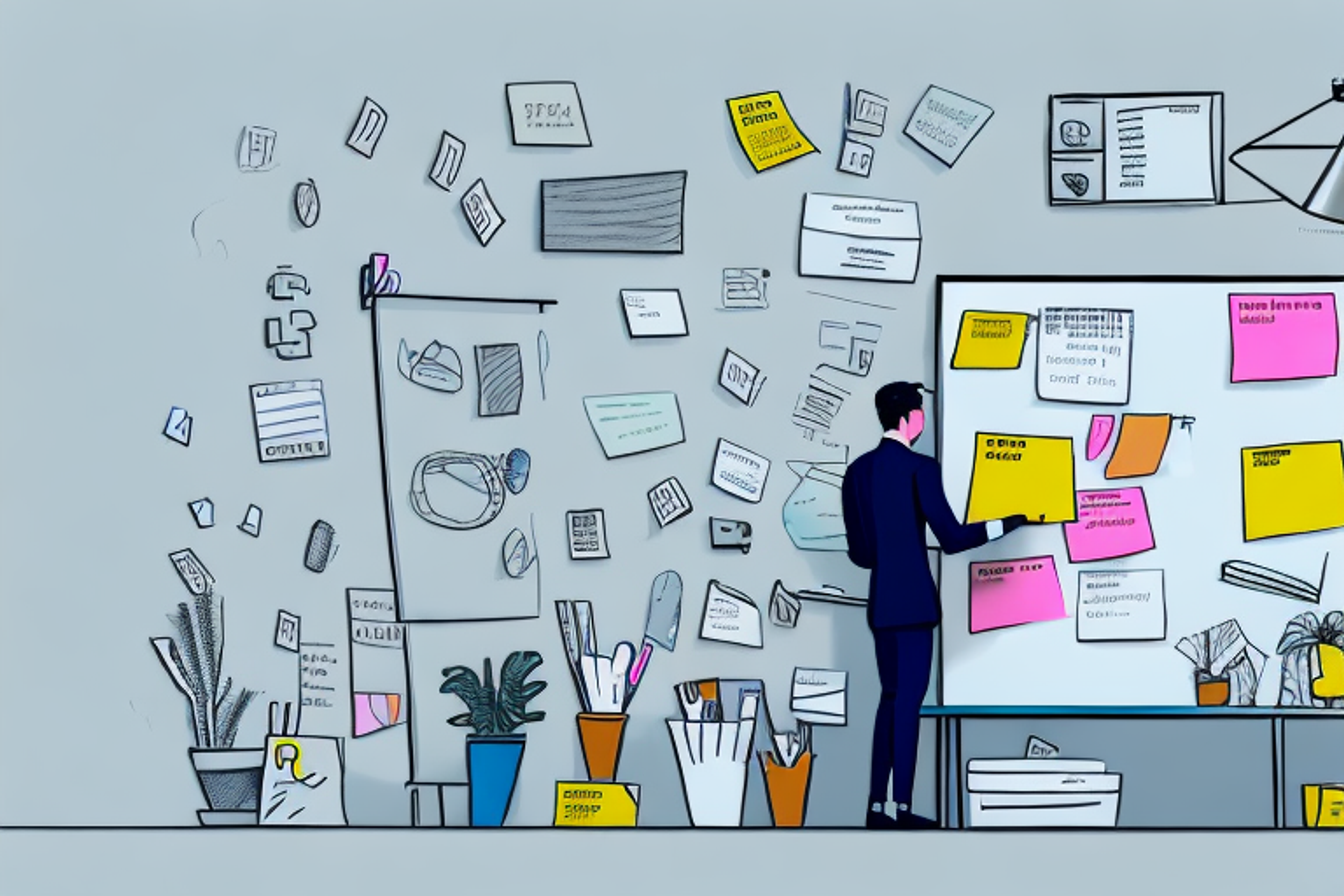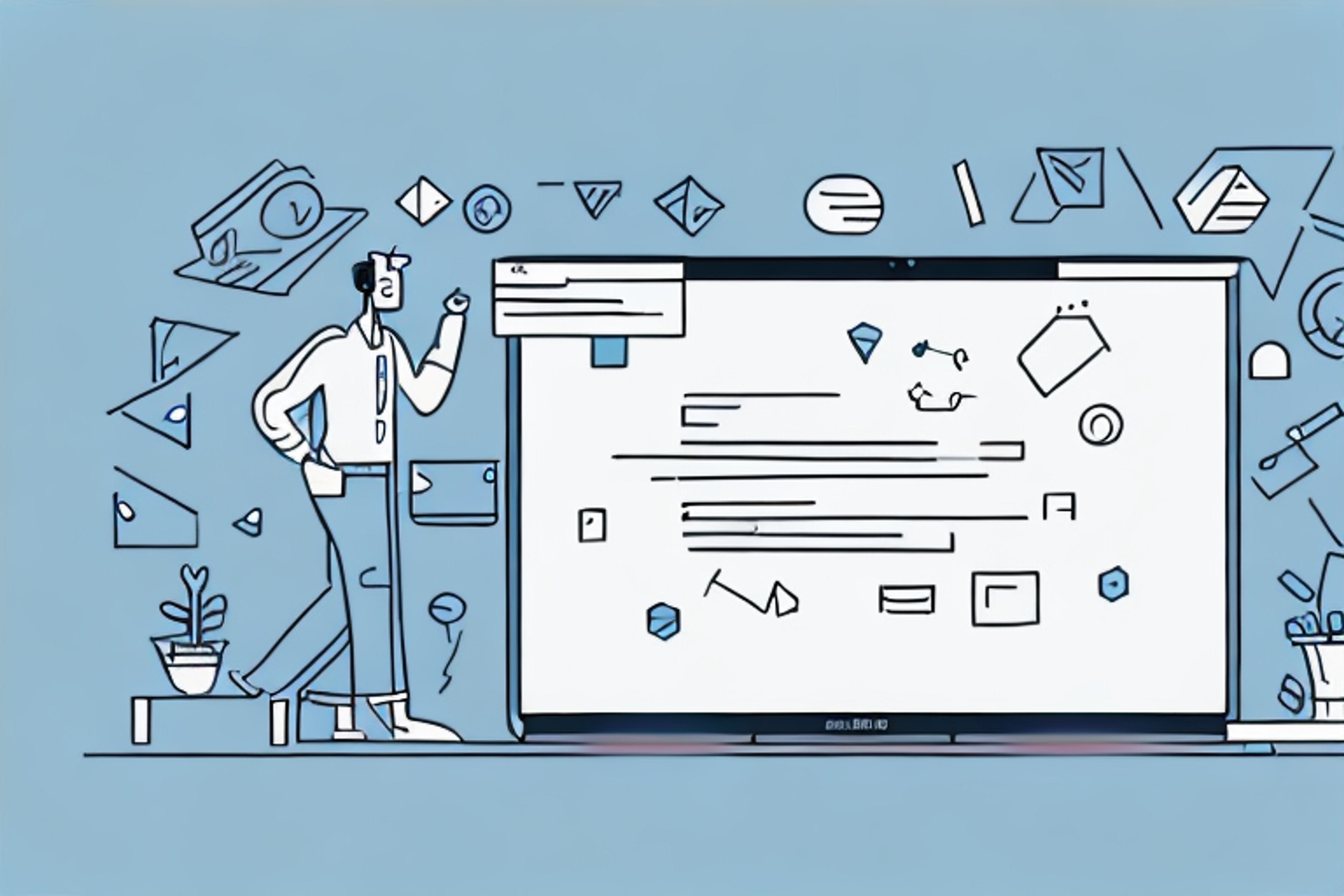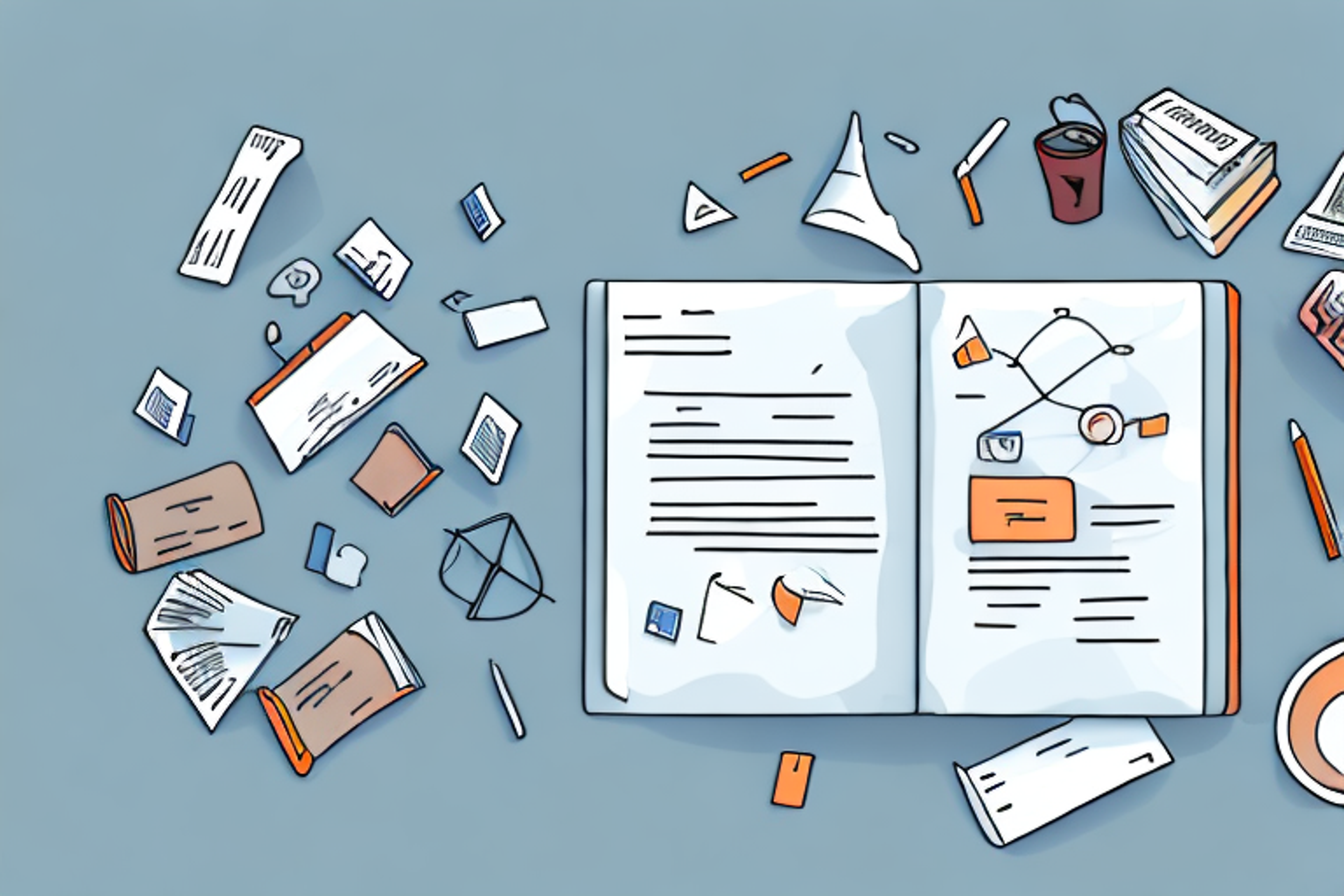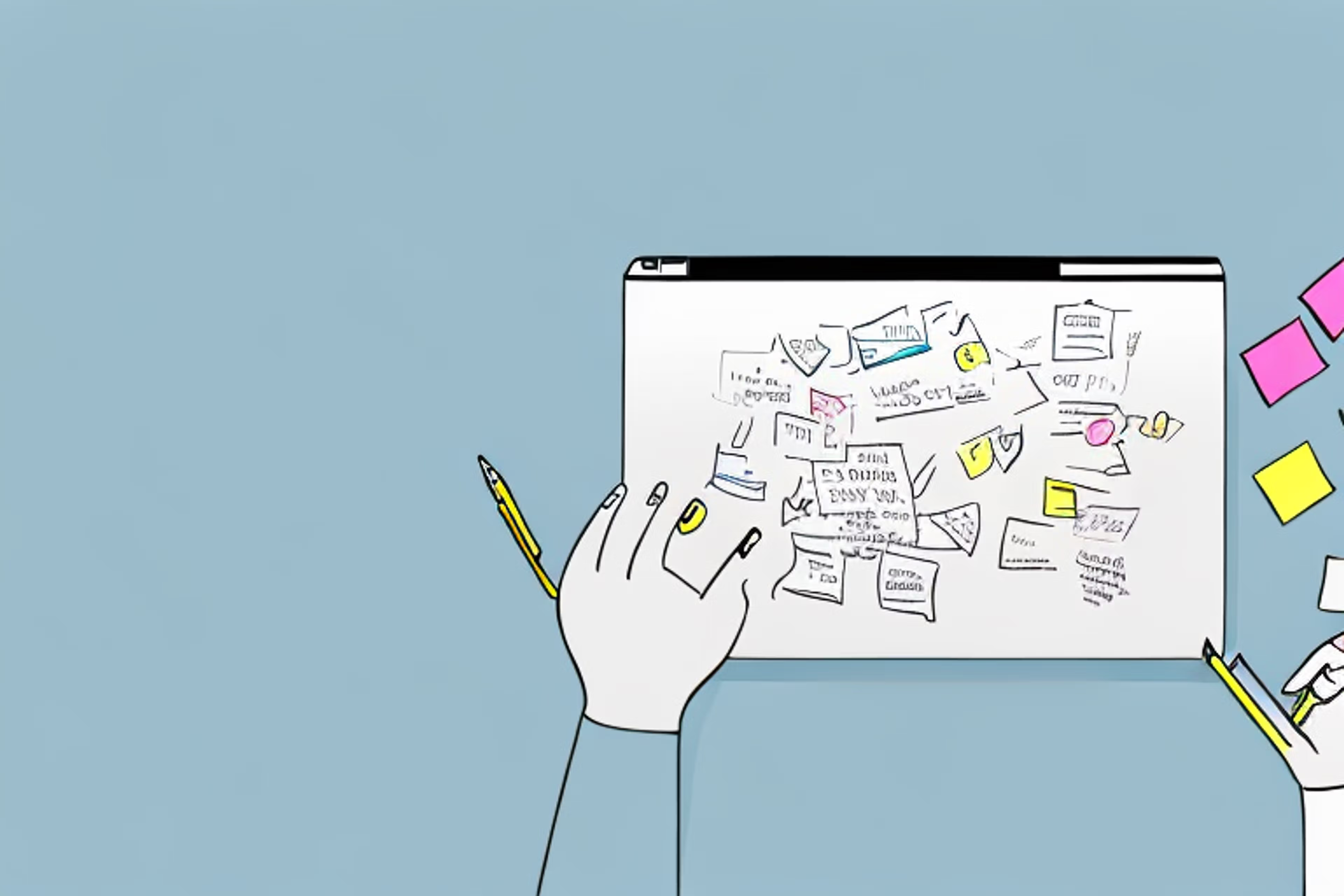How to Prepare for Goldman Sachs Investment Banking Interviews
Looking to land a job in investment banking at Goldman Sachs? Our comprehensive guide on how to prepare for Goldman Sachs investment banking interviews will give you the insider tips and strategies you need to ace your interview and stand out from the competition.
Posted April 10, 2025

Table of Contents
Investment banking is a highly competitive field, and it’s no different when you’re applying for an interview with Goldman Sachs. With such a prestigious company, you’ll need to bring your A-game to stand out from the crowd. Here are some tips on how to prepare for Goldman Sachs investment banking interviews:
The Importance of Researching Goldman Sachs Before Your Interview
One critical element to acing your interview with Goldman Sachs is researching the company extensively beforehand. Begin by delving deep into their website, learning about the firm's various businesses and their mission statement. Additionally, review the company’s recent news and industry insights to have a sense of what they're working on currently, and even any recent projects that caught your interest. During your interview, you might bring up any exciting insights that stood out to you to show that you’re engaged with the company's work.
Another important aspect to consider when researching Goldman Sachs is their company culture. Take a look at their social media accounts and employee reviews on websites like Glassdoor to get a sense of what it's like to work there. This can help you tailor your interview responses to align with the company's values and demonstrate that you would be a good fit for their team.
Finally, it's also important to research the specific role you're interviewing for and the skills and qualifications required. Look at the job description and requirements carefully, and think about how your own experiences and skills match up. This will help you prepare thoughtful responses to interview questions and demonstrate that you have a clear understanding of the role and what it entails.
Common Interview Questions and How to Answer Them
There are many universal questions that come up in most investment banking interviews. You should prepare for these and practice your answers so you can eloquently express your thoughts. Examples might include "Why investment banking?" "Why Goldman Sachs?" "What are your strengths and weaknesses?" or "What's your favorite book?" The answer isn't important as much as showing that you're well-prepared, thoughtful, and able to articulate your responses clearly.
It's also important to remember that interviewers may ask behavioral questions to assess your past experiences and how you handle certain situations. These questions may start with phrases like "Tell me about a time when..." or "Give me an example of..." It's important to have specific examples ready and to use the STAR method (Situation, Task, Action, Result) to structure your response. This will help you provide a clear and concise answer that showcases your skills and experience.
Tips for Building a Strong Resume and Cover Letter
Your resume and cover letter are often the first things recruiters see, so a polished presentation with specific experiences and achievements will play a vital role in getting you an interview. Use action verbs to describe your duties and accomplishments, and find ways to align your experiences with Goldman Sachs' particular business lines. Make sure that your resume and cover letter are free from any spelling or grammatical errors, and start sending in your applications early on before the interview season gets too competitive.
Another important aspect to consider when building a strong resume and cover letter is to tailor your application to the specific job you are applying for. Research the company and the job description thoroughly, and highlight the skills and experiences that match the requirements. This will show the recruiter that you have taken the time to understand the company's needs and are a good fit for the role.
Additionally, it's important to showcase your achievements and quantify your impact in your previous roles. Use numbers and statistics to demonstrate your success and the value you can bring to the company. This will make your application stand out and show that you are results-driven and goal-oriented.
The Do's and Don'ts of Dressing for Investment Banking Interviews
Your attire can significantly impact your first impression, so picking the right outfit that is professional and buttoned-up is essential. Lean towards a conservative and comfortable suit with simple accessories working to your benefit. Away from dressing formally, avoid jewelry and perfume/cologne that could distract from what matters most, which is the contents of the interview itself.
It is also important to pay attention to the fit of your clothing. Make sure your suit fits well and is not too tight or too loose. Ill-fitting clothing can be distracting and give off an unprofessional vibe. Additionally, make sure your shoes are polished and in good condition. Scuffed or dirty shoes can detract from an otherwise polished appearance.
Another factor to consider is the color of your clothing. Stick to neutral colors such as black, navy, or gray. Avoid bright or bold colors that may be too distracting. Your goal is to present yourself as a serious and professional candidate, and your clothing should reflect that.
How to Prepare for Behavioral Questions in Investment Banking Interviews
Behavioral questions or anecdotal questions, aim to understand how you've dealt with different scenarios in the past. This portion of the interview is critical, as it attempts to measure your soft skills. Before going in, take some time to reflect on your past experiences, and try to come up with several examples of how you handled challenging situations and found solutions successfully. Remember, it's not about whether you succeeded or failed, but how you handled a given scenario.
One effective way to prepare for behavioral questions is to use the STAR method. This involves breaking down your responses into four parts: Situation, Task, Action, and Result. By structuring your answers in this way, you can provide a clear and concise explanation of how you handled a particular situation, and what the outcome was. This method can help you stay focused and avoid rambling during the interview.
Another important aspect of preparing for behavioral questions is to research the company and the role you are applying for. This will help you understand the types of scenarios you may be asked about, and what the interviewer is looking for in a candidate. You can also practice answering common behavioral questions with a friend or mentor, to gain confidence and refine your responses.
The Role of Technical Questions in Goldman Sachs Investment Banking Interviews
Additionally, you should expect to see some technical questions during your interview, especially if you have a background in finance or accounting. These technical questions will evaluate your proficiency in analyzing financial statements, understanding core valuation methodologies, or even assessing a company's financial risk. Ensure you have a deep understanding of the subject matter, and practice answering these questions beforehand to feel confident in your abilities to answer them in an interview setting.
How to Prepare for Group and Case Study Interviews
The group and case study interview segments will simulate the team-based environment you'll need to excel in once you start working at Goldman Sachs. Typically, you'll be split up into groups with other candidates to evaluate your group communication and problem-solving skills. During this interview section, ask questions to understand the problem, listen to others' thoughts, and don't be afraid to voice your ideas or ask for assistance if you get stuck.
The Importance of Networking and Making Connections at Goldman Sachs
Once you nail the interview, don't stop networking and making connections! Building relationships with your interviewers and other Goldman Sachs insiders can go a long way in getting you to the next level of the process or potentially a future job opening. Following up and thanking everyone for their time is always a great start. Additionally, if there's something exciting in Goldman Sachs' business activities, don't hesitate to email someone to praise them or ask for advice; this shows that you're engaged with the company and invested in staying connected.
Tips for Following Up After Your Interview
Another way to stay engaged with Goldman Sachs, and possibly get your foot in the door for another interview or offer, is through follow-up correspondence. Sending a thank-you note expressing gratitude for the recruiter's time or even a quick email wishing a successful outcome of their current projects can solidify your interest in the company to the recruiting team. Remember, they'll be inviting many qualified and motivated candidates; stay top-of-mind in a professional yet personable way.
What to Expect During the Interview Process at Goldman Sachs
It's easy to focus so much on yourself during the interview preparation that you neglect to envision the entire interview process. Get a sense of the timeline of the interview process, the number of stages involved, and any other essential information about the interview process. If you are coming from another city for the interview, ask for information on travel expenses reimbursed to your benefit. Know what to expect so there are no surprises or unanticipated inconveniences.
Common Mistakes to Avoid During Investment Banking Interviews
While understanding what to do and say during interviews is essential, it's also vital that you know what not to do or say. Avoid coming across as boastful or negative and refrain from discussing inappropriate or irrelevant topics during the interview. Additionally, don't put all your eggs in one basket; interviews with Goldman Sachs are extremely competitive, so it's crucial to apply to other firms, too, and prepare for multiple interviews.
Preparing for Second-Round and Final-Round Interviews
After the initial interview stage, there will be several interviewing stages based on your field, position, and prior experiences. As you move on to additional rounds, begin preparing for more in-depth questions relating to the role and the firm culture. Utilize the connections you made earlier during the earlier stages and try to discern what the interviewers are specifically seeking from this position.
How to Stand Out Among Other Candidates in the Interview Process
While being qualified and brilliant is necessary, sometimes, it's not enough to pass the interview process's bar. You need to be exceptional to get chosen over the other candidates. Develop a unique approach to presenting yourself, tie your skills and interests into insightful stories that portray you as somebody with vision and insight. Stand out by showing your enthusiasm for the position and the company's business lines; both IQ and EQ are required to succeed.
Preparing for Virtual/Online Goldman Sachs Investment Banking Interviews
Lastly, in the current global situation, it's entirely possible that your Goldman Sachs investment banking interview might be conducted virtually. Like any other job interview, ensure the platform and tools are working beforehand, find a quiet place without distractions, and dress to impress. During the interview, maintain good eye contact and speak confidently making sure visibility and sound quality is up to par.
In conclusion, preparing for an interview with Goldman Sachs can seem daunting. Follow the tips above to prepare for the technical and behavioral interview questions, polish your resume and cover letter, and network with others while understanding the interview process's specifics. With a solid preparation foundation, you'll be setting yourself up to make a great impression and potentially launch your career towards greater success at Goldman Sachs.


